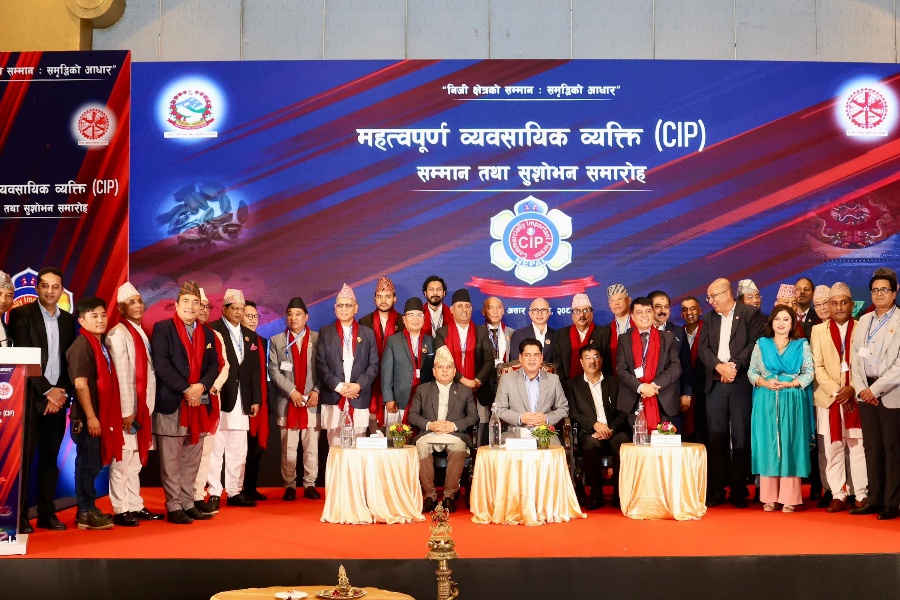The Government of Nepal has initiated steps to take action against the messaging app Telegram over concerns that it is being used for money laundering and other illicit financial activities.
The move comes five months after the Financial Action Task Force (FATF), the intergovernmental body overseeing global anti-money laundering (AML) and countering the financing of terrorism (CFT) compliance, placed Nepal on its grey list. The decision was made during FATF’s plenary and working group meetings in Paris, which concluded on February 21.
[Read: Compliance Failures Result in FATF Graylisting ]
On Thursday, July 17, the national coordination formed to prevent money laundering and terrorist financing instructed the Ministry of Communication and Information Technology to look into Telegram’s role in the matter and take necessary steps.
The committee, which operates under the Office of the Prime Minister and Council of Ministers, cited the app’s growing use in illegal activities such as fraud, drug trafficking, informal money transfers (hundi), and unregulated online gambling.
[ Read: Minister Gurung Threatens Meta Ban, Again, Over Failure to Register in Nepal ]
Telegram is among the most downloaded apps globally, with the company claiming to have over one billion active users .
Joint Secretary Gajendra Kumar Thakur, Spokesperson for the Ministry, said evidence collection has begun. “Based on our findings, appropriate action will be taken,” he said.
[Read: From Ban to Praise: Nepal's Minister Now Backs TikTok ]
According to FATF, Nepal remains on the grey list—officially called “Jurisdictions under Increased Monitoring”—for a period of two years. This designation includes countries that have committed to addressing strategic deficiencies in their anti-money laundering and counter-terrorism financing frameworks under close international scrutiny.
The FATF also maintains a blacklist, or “High-Risk Jurisdictions Subject to a Call for Action”, currently listing North Korea, Iran, and Myanmar.
FATF cited Nepal’s inadequate measures to prevent financial crimes as the reason for its reclassification, pointing to the country’s political and administrative inaction in probing suspicious transactions.
The organisation has outlined seven priority areas for Nepal to improve and stressed the need for a comprehensive action plan. Nepal was previously on the grey list from 2008 to 2014.
Deputy Prime Minister and Finance Minister Bishnu Paudel has said Nepal aims to exit the grey list ahead of schedule through effective reforms.












